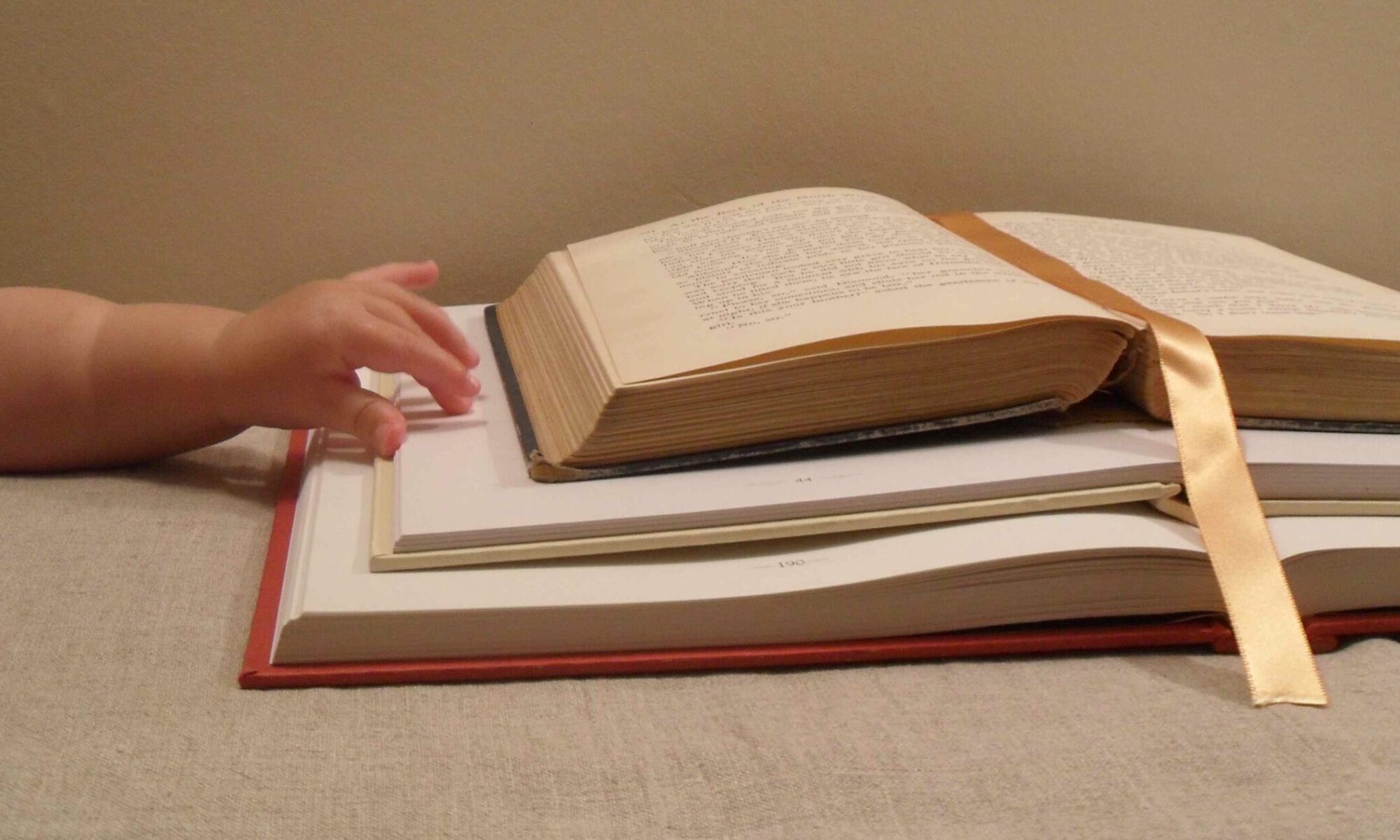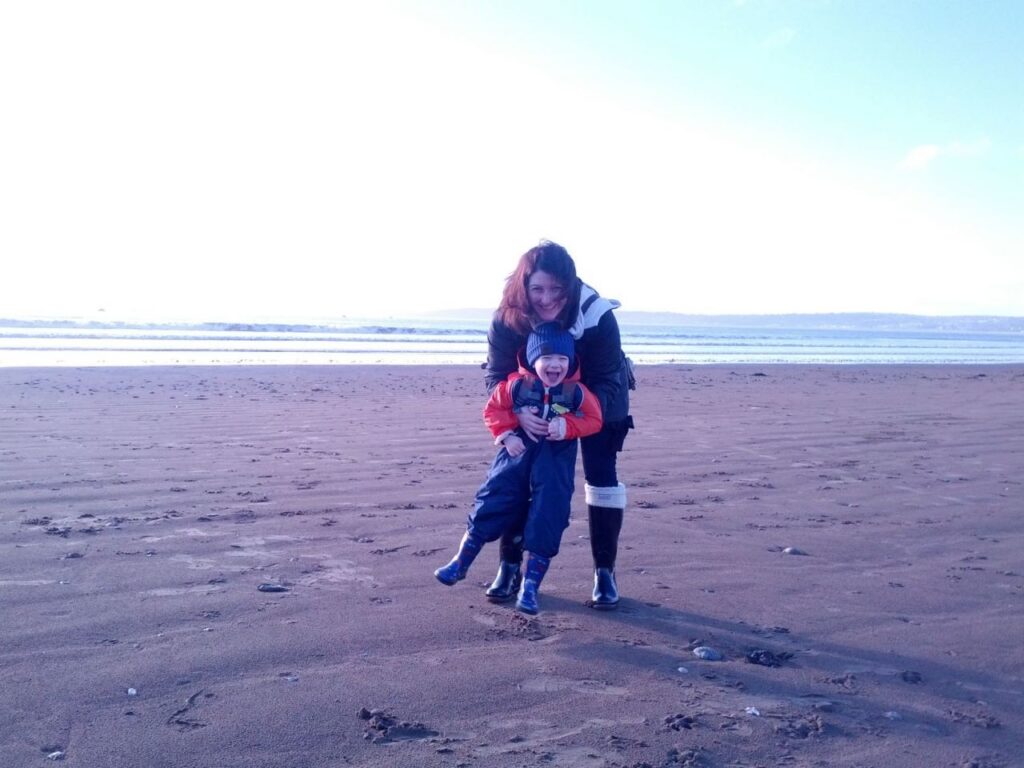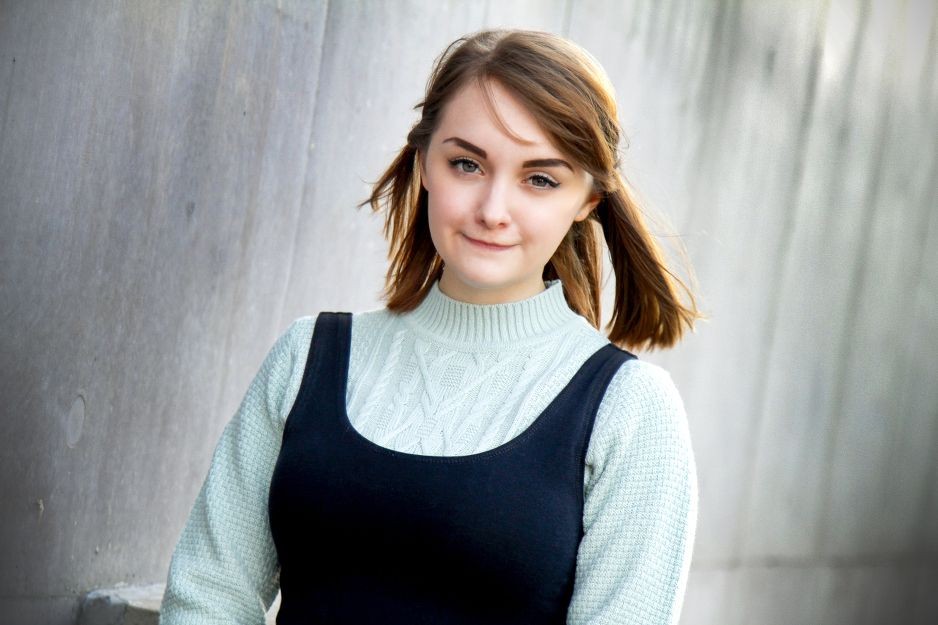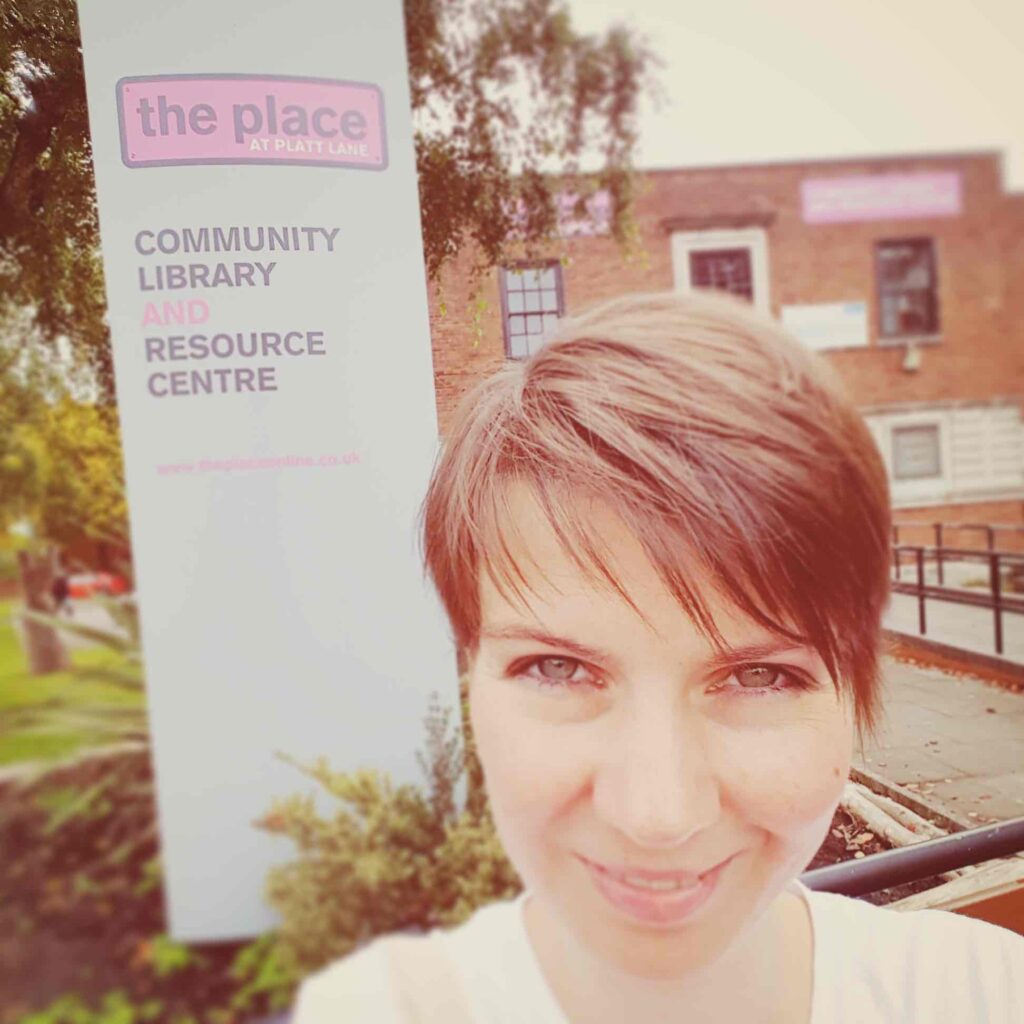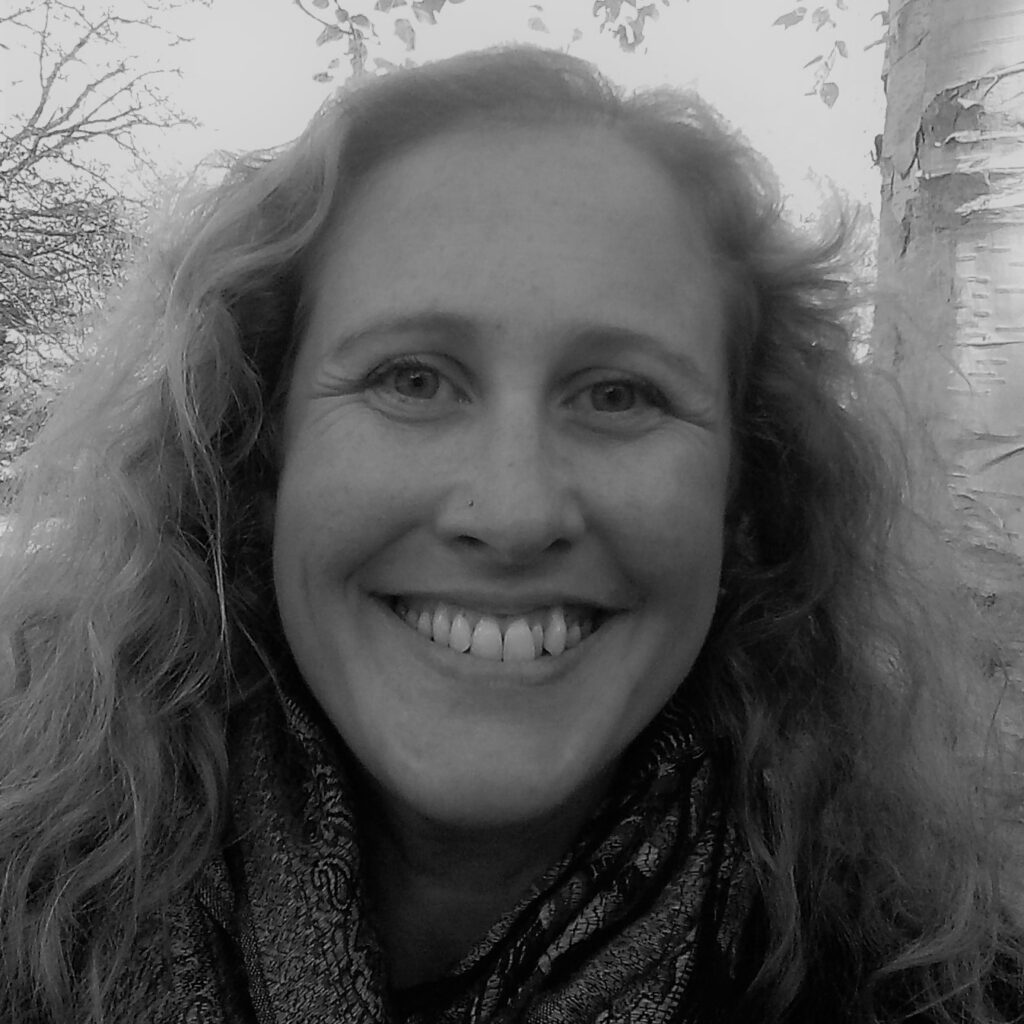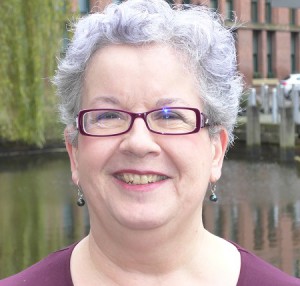Many thanks to last year’s winner of the Poetry Prize, Michèle Beck, for taking the time to reflect on my questions and to answer them with such great insight. I hope it inspires readers to get submitting to this year’s Poetry Prize. (Below photo courtesy, Michèle Beck.)
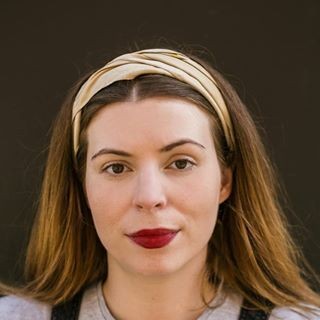
Michéle Beck is an emerging poet from Doncaster, South Yorkshire. Her work has featured in Open Democracy and Ink, Sweat and Tears. She is a mother, activist, word lover, creative writing facilitator & a Project Coordinator at Right Up Our Street. You can find out more about Michéle here:
Facebook https://www.facebook.com/michele.beck.735
Twitter https://twitter.com/michelebeckpoet
1. Can you tell us a bit about yourself?
I am a mother first and everything else second.
2. How, when and why did you first start writing?
I started to write what I suppose were poems from a very young age, maybe seven? Although, I never really associated them with “poetry” – I think I was trying to make sense of my emotions. I started to need to write as I moved into the dreaded teenage years and it became prolific – I think I purposely set out to write a poem aged thirteen after my father took me to see Sylvia Plath’s grave in Heptonstall; he then loaned me a copy of Ariel (which incidentally I never gave back – sorry dad!) and I went on my personal poetical journey. It has been a long one though and one I feel I’ve merely scratched the surface of. It took me a long time to get published.
3. How often do you write?
I write when I feel the urge, generally I write at least something – even if it’s just a description, a feeling or a memory – weekly. I don’t pressure myself to write anything daily because I have a son and a job and a whole long list of life to prioritise. I would like to write more though… that is the truth.
4. What made you decide to enter the Mother’s Milk Books Poetry Prize?
I first became aware of Mother’s Milk through a great friend, mentor and brilliant poet Becky Cherriman after I read her pamphlet Echolocation (which is exceptional by the way) like Becky and myself, Mother’s Milk’s ethos aligns the commonality of motherhood and poetry, as for me the two are intrinsically linked; being a mother is not all of my identity but it inspires me creatively. I like that there is a support network for mothers who write, because finding time and raising a family is a challenge. Motherhood is a beautiful thing so let’s continue to celebrate it.
5. How did it feel when you’d heard that you’d won?
I was sat at work and my personal email flashed at the top right-hand side of my laptop screen. I announced it to my boss, I was elated and ecstatic and suffering a little from imposter syndrome. I felt surprised. I was honored.
6. Can you tell us a little about your winning poem?
This poem was a slow burner. I had my son five years before I finished this poem. I have probably edited it a hundred times. I was trying to relive the moment and share it as exactly as I could. I had an emergency C-section after seventy-seven hours of labour. I was absolutely terrified and I wanted to specifically recall this feeling, as I know many women experience trauma during birth. I added the Nosferatu reference in the final hour and I thought it was a big risk, but I suppose as clichéd as it is, risks pay off.
7. What are your writing plans for 2020?
Big plans! I want to (hoping and praying) get my first pamphlet out there! I’ve held it close to my chest for a few years so fingers crossed. I would also like to start putting all the little scraps of paper I have in many different note pads and shaping them into something that vaguely resembles poems.
8. Any tips for writers?
Trust your authentic voice and use it always. You can read Michèle’s stunning winning poem, ‘9 1/2 cm’ here. And if you feel inspired to take part in this year’s Poetry Prize (and I’d really love it if you would!) please read the full guidelines here.
